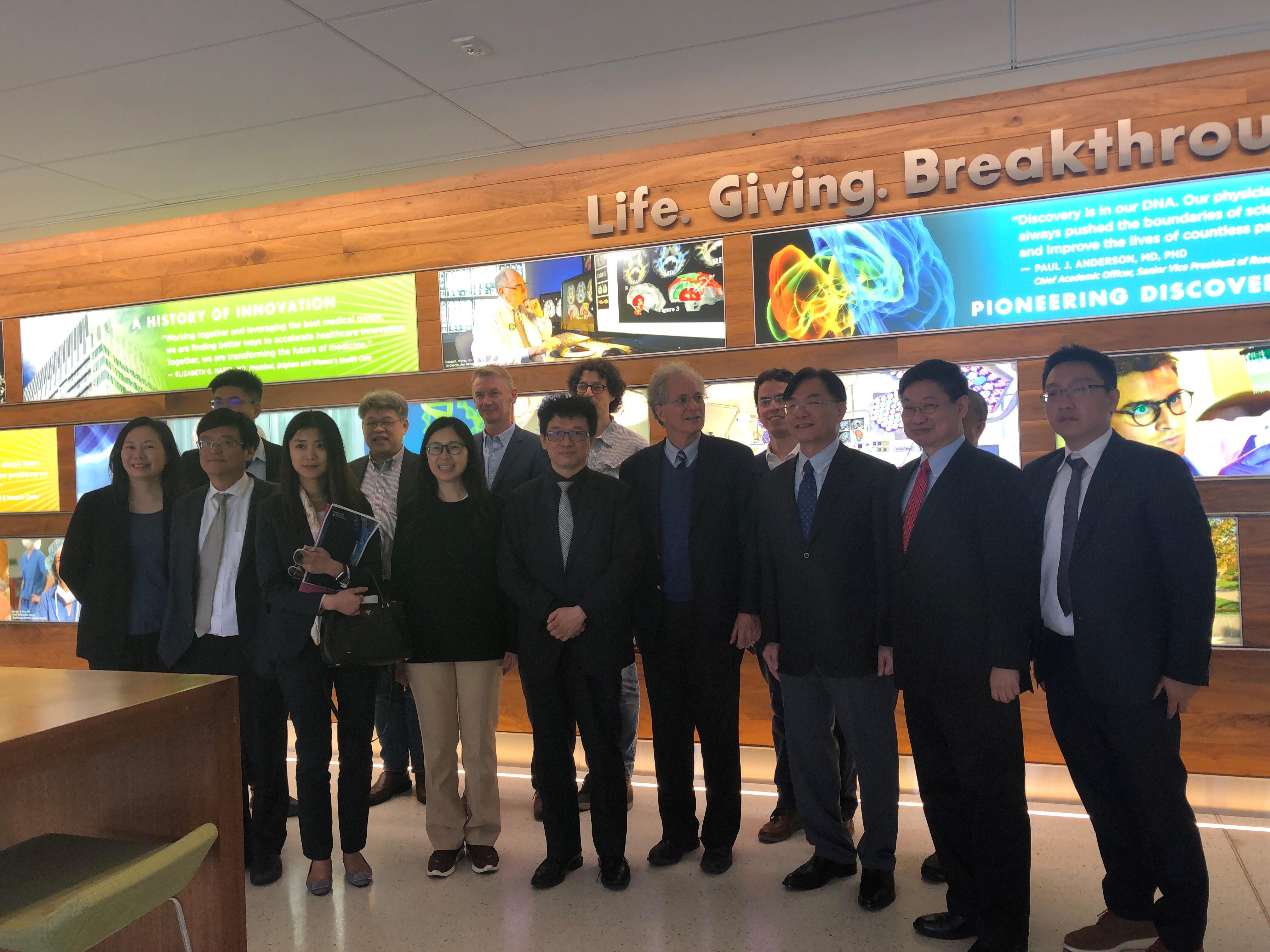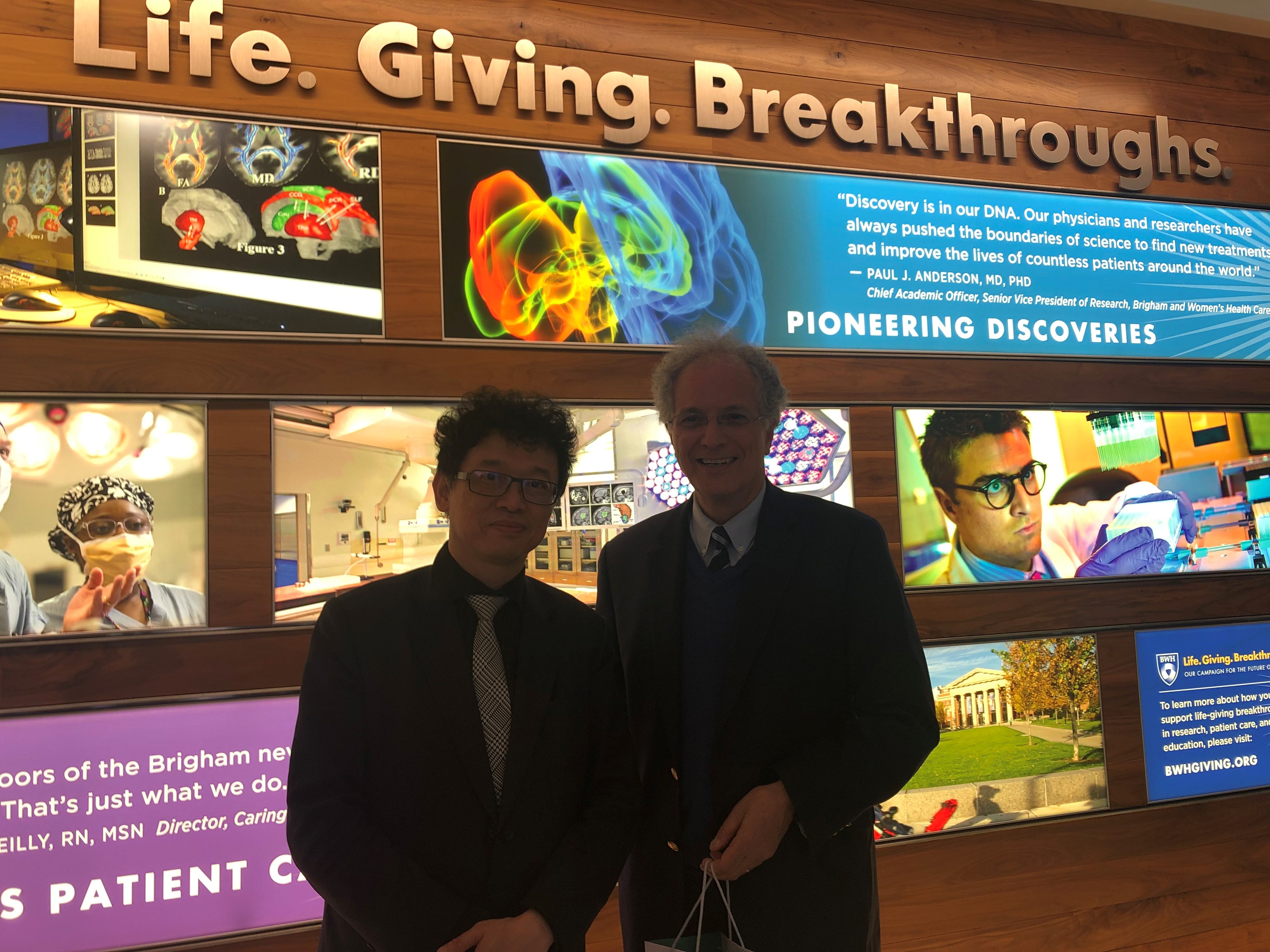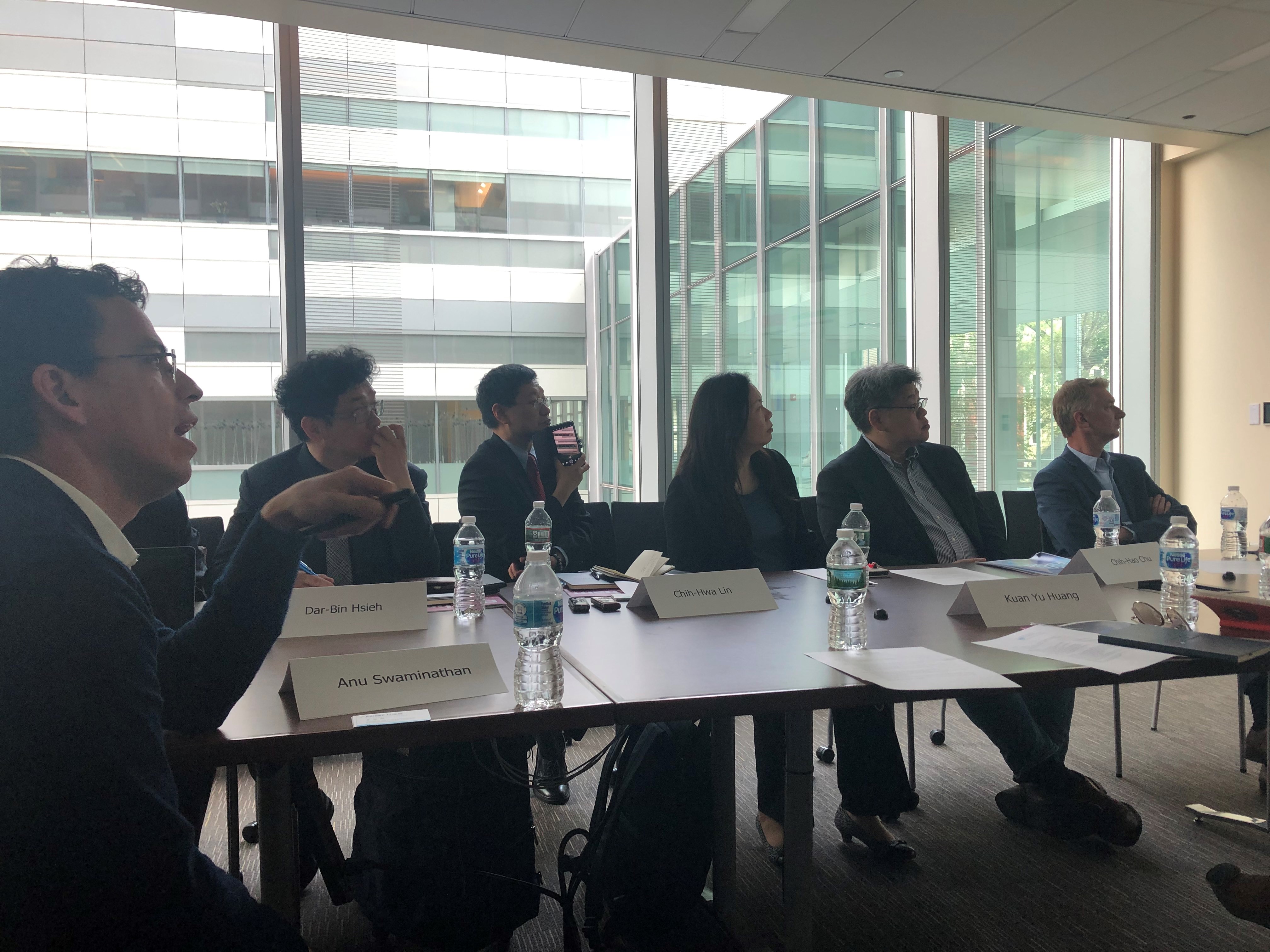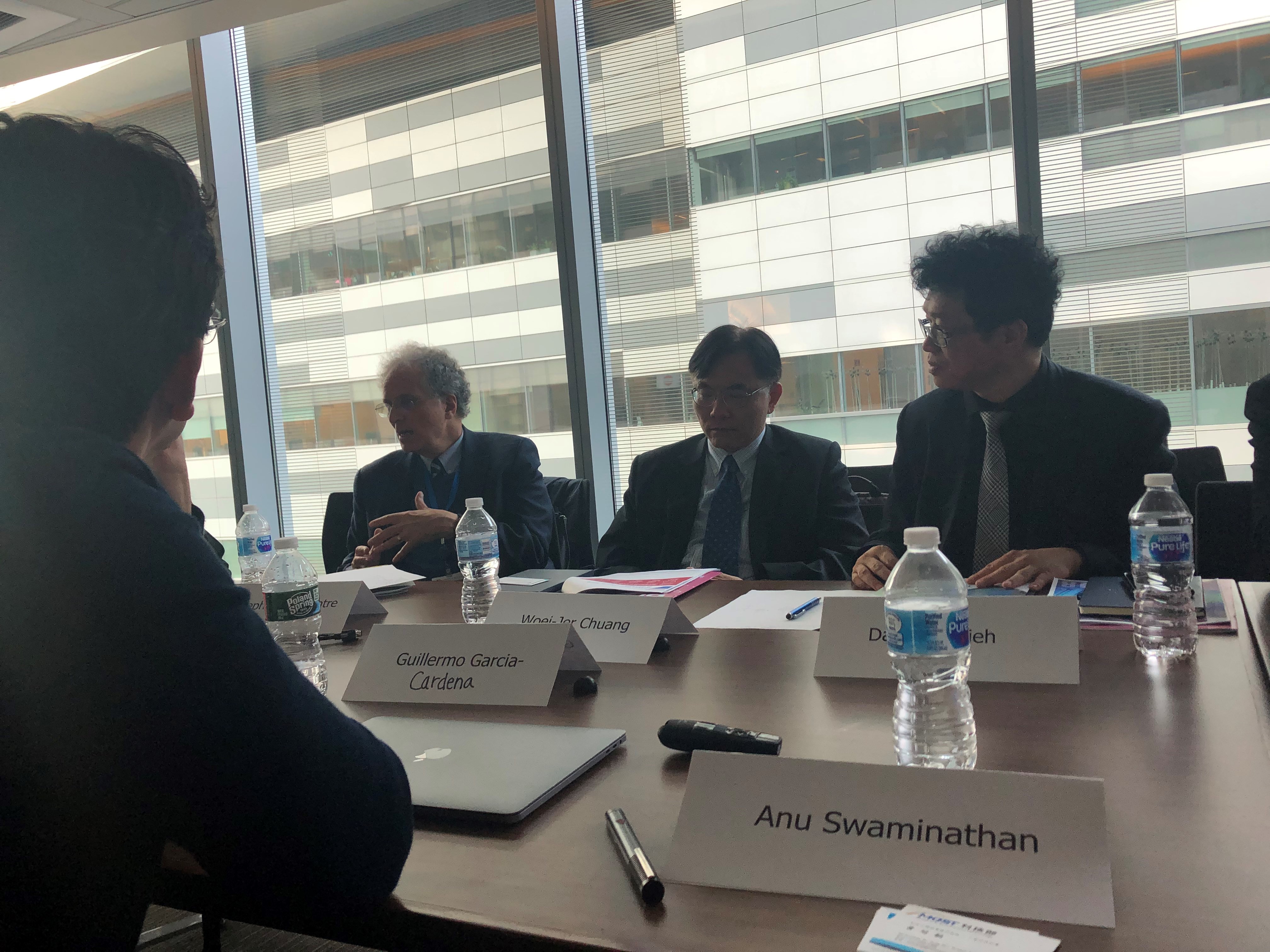An event co-sponsored by the BRI and MassBio
Why is networking important in an academic setting? Is it necessary? Can a self-proclaimed introvert successfully network and build relationships?
This panel discussion, moderated by Frank S. David, MD, PhD, illustrated why networking is a great way to create and maintain relationships that will provide professional and educational opportunities for months and even years to come. The panelists focused on the “how” and the “why” behind networking while imparting words of wisdom to the group, each adding their own unique perspective to the conversation.
Sandro Santagata, MD, PhD pointed out that while he does not consider himself a “networker,” he understands that it is crucial to be open and collaborative. Even introverts like himself can organically create strong relationships simply through working with others and maintaining an open mind.
Elena Aikawa, MD, PhD advised the crowd to join small societies because it offers people the chance to interact and make themselves visible among a tight-knit and potentially less intimidating group. Career development, promotion, and job changes will undoubtedly call for more than one letter of support and recommendation; it is critical to have a strong band of people to connect with and be able to rely on.
Erin McKenna, MBA emphasized the beauty of networking, in that you can never predict what may come from countless random, or planned, interactions. One simple conversation over the most trivial common interest has the potential to lead to a promotion, new career path, or partnership.
Natalie Artzi, PhD stated the importance of branching out and gaining exposure in every way possible. The more you do that, the more opportunity there will be. At the same time, remember to expand your network to those outside of your specific interests, fields, and studies. Find people that can compliment your skills and help you to grow.
The panelists made it clear that everyone needs mentors and sponsors; everyone needs someone to help them get places they never thought they could. Networking is essential in creating these types of opportunities. Any conversation, any connection no matter how small, can aid in career development and help to carry you through the next steps in life. Equally as important, these relationships must be maintained, groomed, and properly cared for over an extended period. Keep in touch, invite them to your lab space, send them an email or a letter. No matter how you do it, networking cannot live on its own. Without tending to it, the bonds will weaken, and the connections, and opportunities that go along with them, will be lost as quickly as they were gained.
Social media is one way to maintain these meaningful relationships. Br. David brought Twitter and LinkedIn into the conversation. These platforms offer a way to exemplify best qualities, demonstrate hobbies outside of the office or lab, and disseminate information to a relevant audience.
Before the Q&A and networking commenced, Dr. David ended the discussion by encouraging the audience to “be the change that they want to be.” Whether you are introverted, extroverted, struggle to connect to others, or shy away from social media, make the changes that will allow you to create opportunity, build lasting relationships, and develop your ever-growing career paths.




